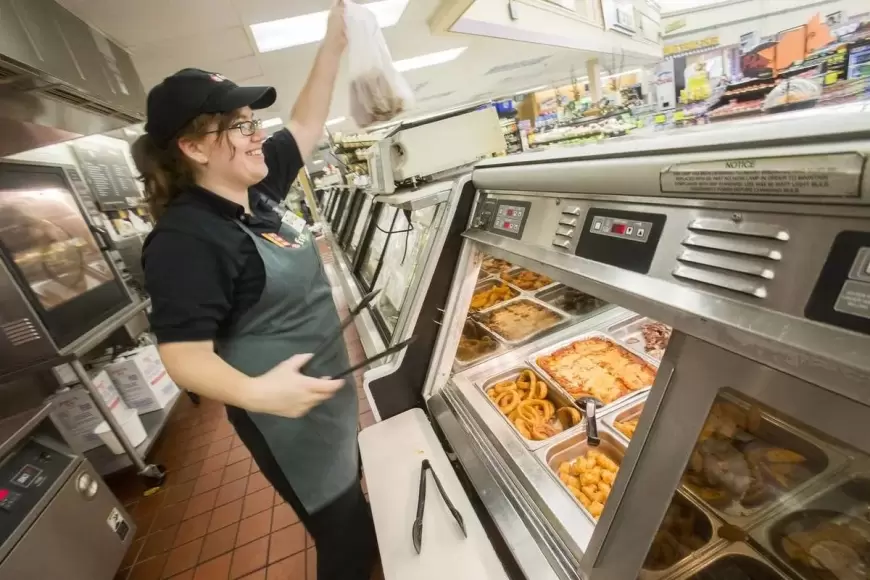California to Implement $20 Minimum Wage for Fast Food Employees
California's new $20 minimum wage for fast food workers. Learn how it impacts businesses and workers alike.

California is on the brink of enforcing a pioneering law that guarantees fast food workers a minimum wage of $20 per hour. While this move aims to bolster financial security for employees, it raises questions about the impact on businesses already grappling with economic challenges.
Prioritizing Worker Welfare
The new legislation, championed by Democrats in the state Legislature, acknowledges the critical role of fast food workers in supporting their families. It recognizes that many individuals in this sector are adults relying on their income for essential needs.
Ingrid Vilorio, an immigrant fast food worker, welcomes the wage increase, highlighting its significance in enhancing her financial stability and employment prospects.
Varied Responses from Business Owners
While the law enjoys support from the trade association representing fast food franchise owners, some businesses are voicing concerns about its repercussions. Alex Johnson, a multi-establishment owner, shares the strain the wage hike places on his operations, prompting considerations of downsizing or closure.
Economic Ramifications and Historical Trends
The wage hike comes amid California's economic slowdown, prompting concerns over its impact on already-struggling businesses. However, historical data from past wage increases suggests a nuanced outcome, with minimal adverse effects on employment levels.
Navigating Industry-Labor Dynamics
The legislation emerged from extensive negotiations between the fast food industry and labor unions, signifying a delicate balance aimed at addressing concerns over wages, benefits, and legal responsibilities.
Exemptions and Clarity
While the law applies broadly to most fast food establishments, exemptions exist for certain categories, including restaurants within grocery stores and those primarily focused on selling bread. Recent clarifications have provided additional guidance to ensure consistent implementation.
Conclusion
California's move to elevate the minimum wage for fast food workers underscores a commitment to supporting worker welfare while acknowledging the challenges faced by businesses. As the law comes into effect, stakeholders navigate the complex landscape of balancing economic sustainability with equitable wages.
Also Read: US Sees Moderate Inflation Rise in February; Consumer Spending Jumps
































































